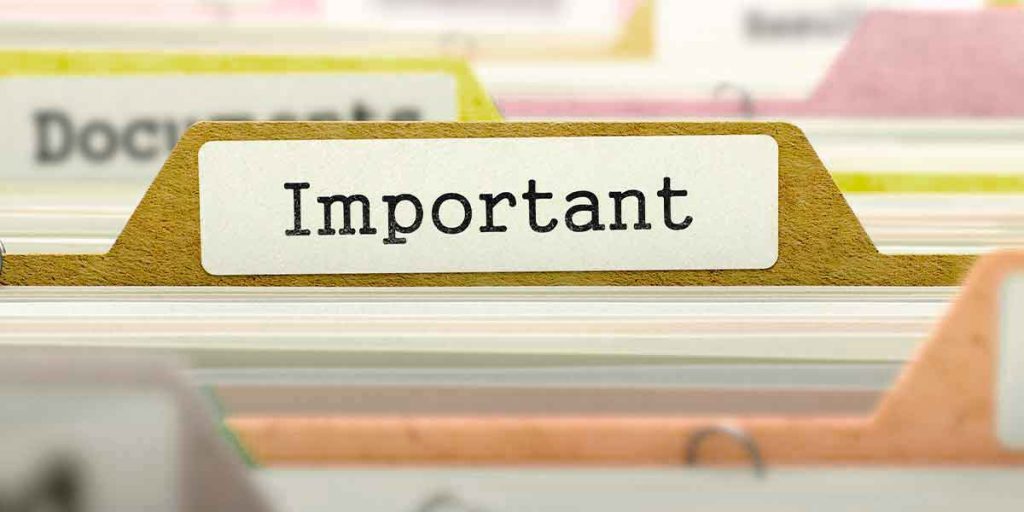When it comes to estate planning, people fall into various pitfalls because of ignorance. They make costly mistake in their estate plans that may put their family into confusion or unnecessary expenses in the future. These mistakes all boil down to the fact that most people lack the legal knowledge and skills required to properly prepare an estate plan and consider all there is to consider. And that is more reason why you should get help from an estate planning lawyer rather than going it alone.
To get the best of estate planning and ensure you do not make costly mistakes, contact our estate planning lawyers 14206 for legal assistance in New York.
Top mistakes people make when estate planning in New York
1. Thinking estate planning is synonymous with drafting a will
Some people think all there is to estate planning is drafting a will, and so this is all they do. A will only enables you to transfer assets to your loved ones, and while this makes the bulk of estate planning, there are so many things to consider as well, such as incapacity and when you own assets in multiple states, etc.
2. Including insurance, POD and retirement accounts in your will or living trust
The reason why most people execute living trust is to avoid probate. But it is unnecessary and quite uneconomical to fund your insurance policy, payable-on-death and retirement accounts into a trust because these three assets naturally pass to the designated beneficiary outside of probate. Trying to fund them into a trust will just make you spend unnecessary effort and money. And if the beneficiary of your trust is different from that designated in those assets, then there arises a major discrepancy.
Again, these three assets should not be addressed in your will. When creating them, you must have designated beneficiaries for them, and those are the persons they will go to when you die, regardless of what you write in your will. You would only be causing confusion in your family if you address these assets in your will.
3. Not updating your estate planning documents
Let’s say two years ago, you designated your spouse as the beneficiary of your retirement account. Now, you have divorced or lost your spouse. If you do not update the beneficiary designation of that account, who will it go to?
As life goes on, you would acquire new assets or lose some, may get new born children, lose a beneficiary or fiduciary, etc. It is important to update your documents periodically to ensure they reflect your current goals and estate situation.
4. Failure to name a guardian for your minors
By New York law, any child below 18 is not eligible to inherit. So if you have minors at the time of your death, they would not be able to inherit what you leave for them. However, you can name a guardian in your will, or a trustee for a child trust, and this person will be charged with managing the assets for the minors’ benefit until they come of age.
5. Failing to plan for incapacity
Most People write wills without planning for the time before their death. Should you become incapacitated due to old age, Alzheimer’s, dementia, critical illness, or accident, who would run your estate in your absence? Who would make financial and medical decisions on your behalf? To ensure your estate is in trusted and competent hands in the event something happens to you, it’s advisable to create powers of attorney or a living trust to appoint fiduciaries who would make decisions on your behalf. And ensure you appoint someone you trust to make the right call just like you would have done were you able to do so.
6. Not planning for estate tax
Another important aspect of estate planning is tax planning. In New York, the estate tax threshold is $5.85 million. If your estate value surpasses that threshold at your death, your family would have to pay estate tax before they inherit, and this ranges from 5-16% of your estate — a significant amount. To ensure your loved ones get all that they should receive, you need to plan towards tax avoidance or minimization.
7. Not consulting a New York estate planning lawyer
When you do DIY estate planning, chances are that you’d not be able to consider or plan for these things adequately. The reason is that you probably lack the technical know-how. It is in your best interest to consult a professional near you.
Estate planning lawyers near me 14206
Are you looking for an estate planning lawyer in Buffalo City, NY 14206? We’re just a call away. Contact us today to speak with one of our highly-experienced estate planning lawyers.









